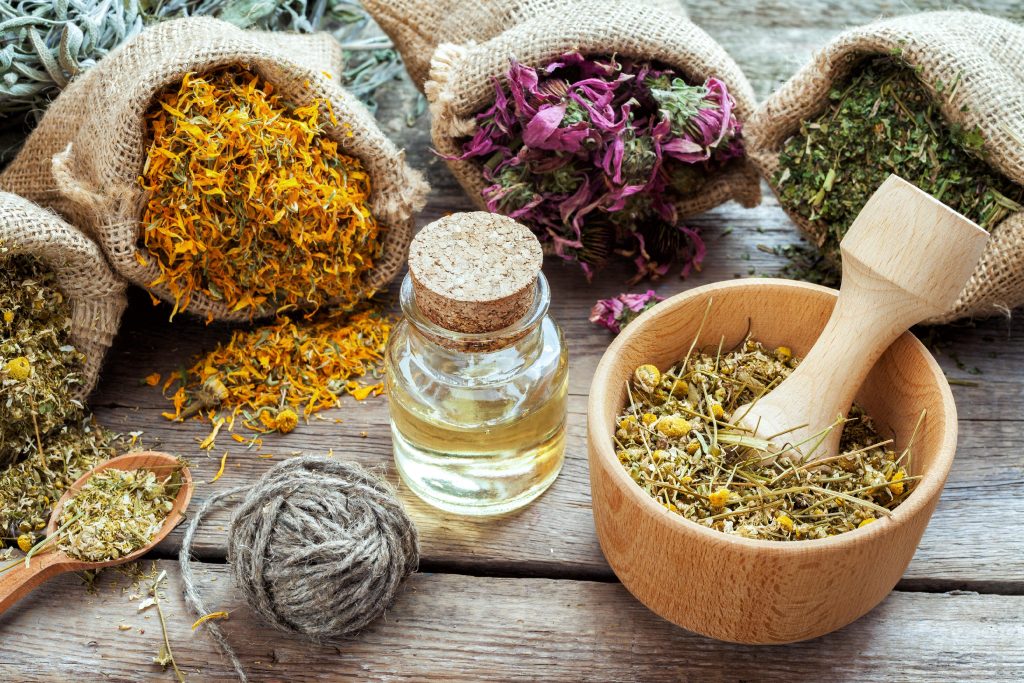Long-used herbal remedies have many benefits that standard pharmaceuticals may not. Although there are many options, choosing a time for Herbal Medicines might be difficult. Making choices based on accurate information is essential to ensure these natural goods are safe and effective.
1. Know what you need for your health
Start by making your health goals very clear. Are you trying to improve your stomach and immune system and your ability to deal with stress or long-term illness? If you know your unique goals, you can find the right herbs and formulas for your health.
2. Talk to a healthcare professional
Before beginning a new herbal regimen, you should talk to a medical professional, like a doctor or a certified herbalist. They can provide personalized information based on your health needs, medical history, and medications. This consultation is essential to avoid any possible interactions and ensure your chosen herbs are safe and suitable.

3. Find out more about the herbs
Study the plants you’re considering. Explore their traditional usage, their active compounds, and their scientific investigations.
Good herbal medicine books, peer-reviewed publications, and trained herbalist websites are great sources. Knowing the herb’s history might help you determine its pros and cons.
4. Think about the source and how long it will last
Herbal drugs can work better or worse, depending on where they come from. Ethical sourcing encourages fair trade and environmental protection.
5. You must check the quality and purity
Make sure the herbal products are of a high grade. Look for signs that say they have been tested and certified by a third party to ensure they are pure, effective, and free of impurities like heavy metals, pesticides, and microbes.
High-quality names usually give a lot of information about how they test their products, which makes them honest and dependable.

6. Look at the shape of the herb
Herbal medicines come in various forms, such as pills, capsules, teas, tinctures, and powders. Choose the form that best suits your needs and way of life. For example, tinctures and teas may be chosen because they work faster and are easier to use, while capsules and tablets are better for people who are always on the go. Powders can be quickly eaten by adding them to drinks or other foods.
7. Learn about the possible interactions and side effects
Herbs are natural but can have side effects or work differently with other vitamins and medicines. Find out what side effects and reactions each herb might have. For instance, St. John’s Wort can be combined with some drugs, which can make them less effective. Your doctor or nurse can help you determine risks and advise you on using it safely.
8. Watch how your body reacts
Pay close attention to how your body reacts after taking a plant medicine. It would be most helpful to record your symptoms, health, and adverse effects in writing.
The Takeaway
It takes some thought and research to pick out the best herbal drugs. You can make intelligent choices that are good for your overall health and well-being. Use these tips to feel secure and get the most out of herbal medicines.



